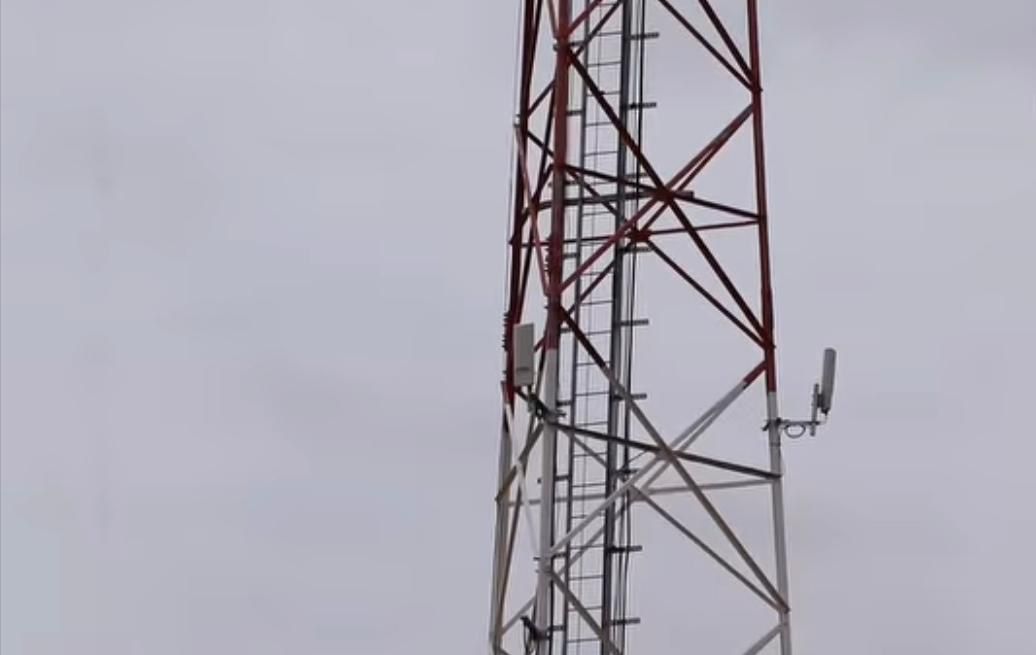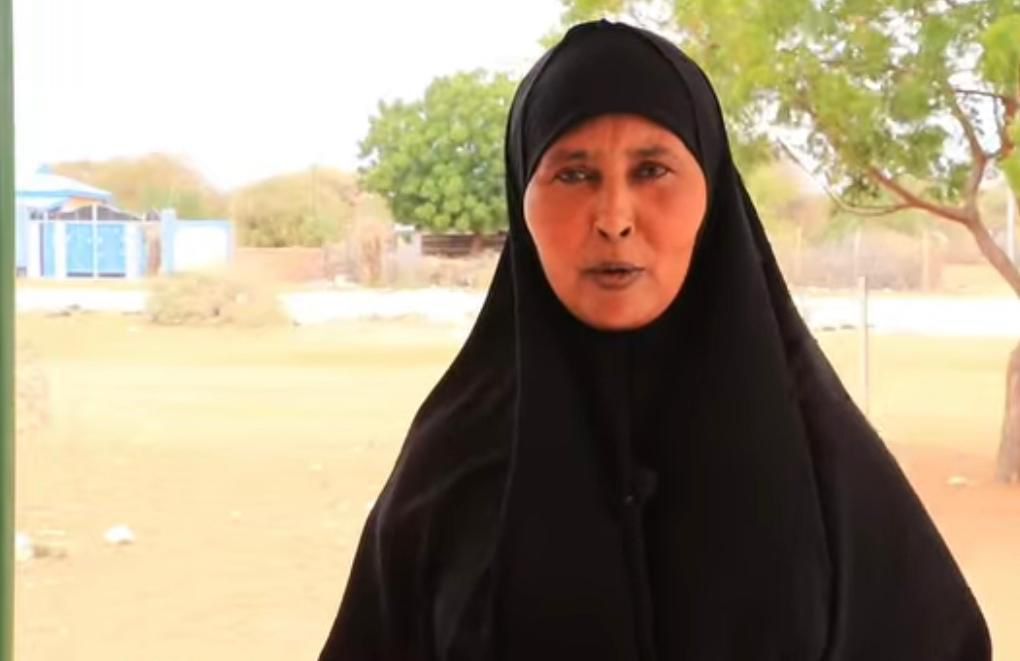
Kabogo offers to pilot young man's Wi-Fi innovative system
"He amazed me with his startup, a pay-as-you-use public Wi-Fi system."
Initiative is part of a national government programme to establish Wi-Fi hotspots in underserved areas.
In Summary


Wagalla, a quiet village nestled 15km from Wajir town, is experiencing a wave of transformation thanks to the installation of free public Wi-Fi.
The initiative, part of a national government
programme to establish Wi-Fi hotspots in underserved areas, aims to bridge
Kenya’s digital divide and improve internet access in some of its most remote
communities.
For years, residents of the wider Northeastern
region have endured patchy and unreliable internet connectivity, limiting their
access to education, employment opportunities, communication, and vital
government services. But now, that reality is beginning to shift.
Leading the celebrations in Wagalla was senior chief Ali Mohamed, who called the move a major step forward for the community.
He noted that the lack of internet access had long affected nearly every aspect
of daily life—from schooling and entrepreneurship to staying informed and safe.
"With access to free internet, our young
people can finally apply for online jobs or start creating content to earn a
living," chief Mohamed said. “It will also improve security in the region,
as residents can now contact law enforcement officers without worrying about
airtime costs.”
It is an opportunity for
pastoralist families to access e-payment services and digitised government
platforms through the eCitizen app—something that was once out of reach for
most residents.
“When word first spread that Wagalla had been
selected as one of the pilot villages in the country, many thought it was just
a rumour,” he recalled. “But everything changed when officials from the ICT ministry arrived and kicked off the process. We are truly grateful.”
Among the most excited was Roble Mohamed, a
local TikToker who has faced serious challenges in building his platform due to
the high cost of data.
“For us young people, reliable internet isn’t
just a luxury—it’s a doorway to opportunity,” he said. “With free Wi-Fi, I can
create more content without worrying about running out of bundles. This will
help me grow my following and maybe even start earning consistently.”
Another youth, Ismail Hassan, described the
development as a huge win for the community. He believes it will unlock access
to online courses, digital skills, and remote work opportunities that were
previously out of reach.
“This is our chance to change our lives.
Whether it’s for learning, freelancing or launching digital startups, the free
internet is here to empower us,” he said, urging fellow youth to seize the
opportunity.
Halima Bishar, chairperson of the Wagalla
Rangeland Management Committee, said the impact is financial as much as it is
practical. She estimates that with free Wi-Fi, families can save thousands of
shillings every month.
“I used to spend Sh100 a day on data—that’s
Sh3,000 a month,” she said. “In a household of ten, we’re now saving up to
Sh30,000. That money can go to food, school, or even investment.”
The Wi-Fi rollout is being implemented in
collaboration with Liquid Intelligent Technologies Kenya. Kenya is one of only three African nations actively working to provide
free internet access to remote areas.
The government’s digital push has been
transformative. Since 2013, internet access has been a key driver of Kenya’s
economic growth, with the business process outsourcing sector alone
creating more than 1,000 jobs monthly, according to the ICT Authority of Kenya.
Under its current roadmap, the Ministry of ICT
is establishing 1,450 digital hubs across Kenyan villages and plans to install
25,000 Wi-Fi hotspots by 2027. These hubs are expected to provide residents
with internet access, digital training, and other tech services—at least two
hubs per county.
As chief Mohamed summed it up: “This
investment is more than just cables and signals. It’s a doorway to the world—a
chance for Wagalla to connect, grow, and thrive in the digital age.”
INSTANT ANALYSIS
The rollout of free Wi-Fi in Wagalla village marks a transformative step toward digital inclusion in Kenya’s underserved regions. Part of the government’s wider plan to deploy 25,000 hotspots by 2027, this initiative aligns with Vision 2030 and the Digital Masterplan. In areas like Northeastern Kenya—long plagued by poor connectivity—free internet access is unlocking opportunities in education, employment, and innovation. It also enhances local security and access to government services.

"He amazed me with his startup, a pay-as-you-use public Wi-Fi system."